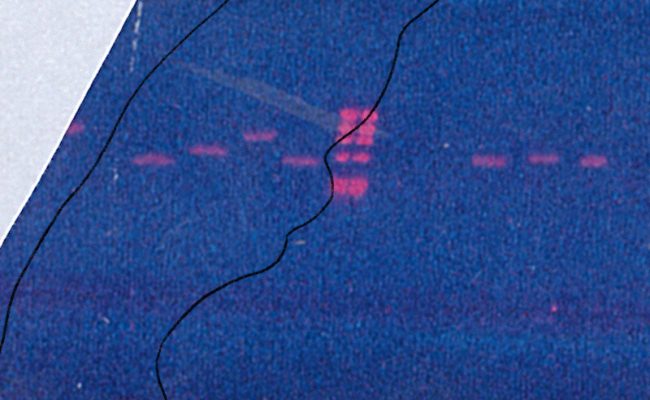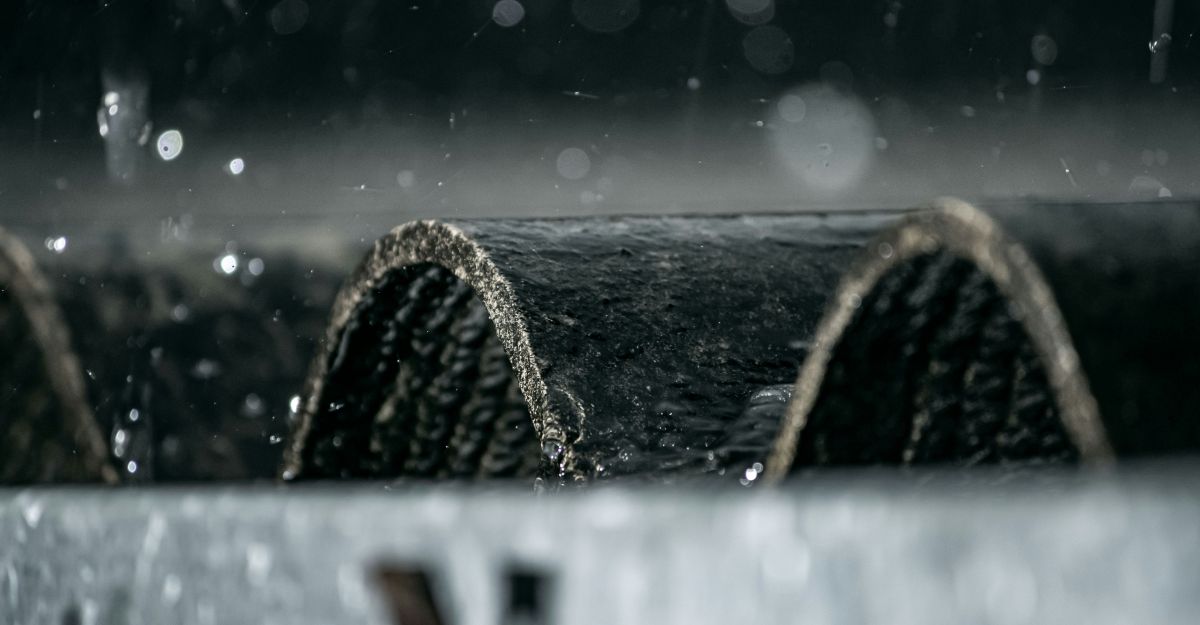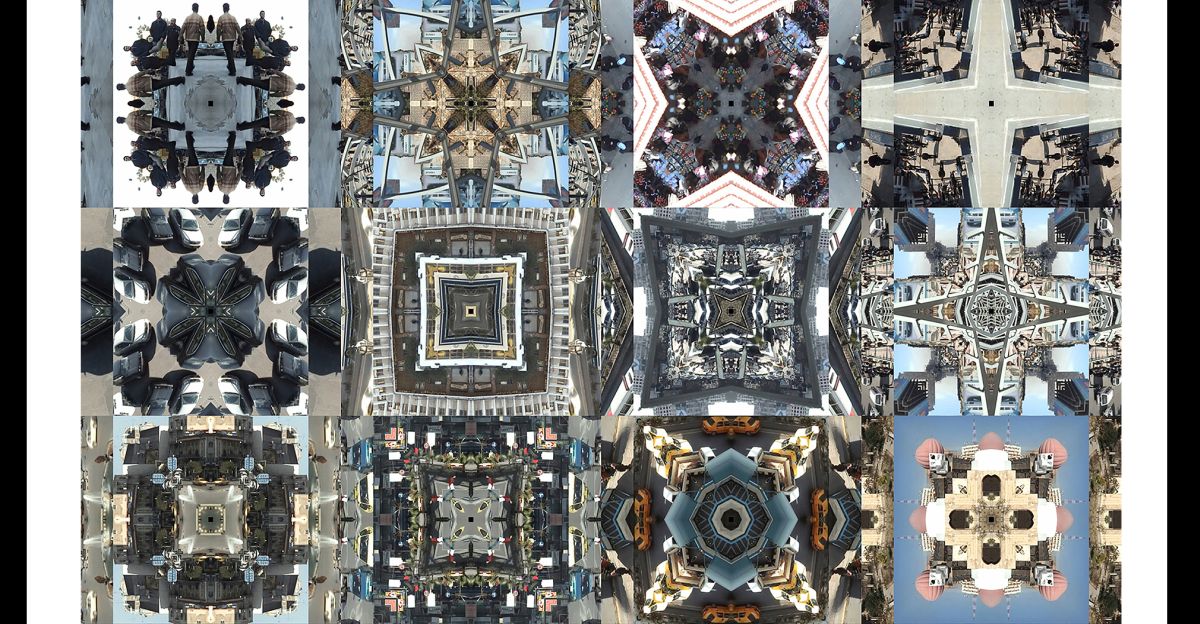West of Katoomba on every bit of your
brakes ent’ring dubitable wine country.
Wellington Kirkconnell Lithgow Bathurst
prison country central New South Wales.
The view down to fortitude or optimism
crossing a bridge. Motioned only by tiny
no-tell internal dramas the whole way:
air pressure … How stress Canomodine?
New metalanguage rising off the palate.
Secret ‘hints’ and ‘notes’ though good.
Throw a blanket on three country pubs.
Favourite among the local toponymies –
Cadia … Mumbil … once gold-mining town
called Lucknow.
Read the rest of Overland 240
If you enjoyed this piece, buy the issue
Or subscribe and receive
four brilliant issues for a year




